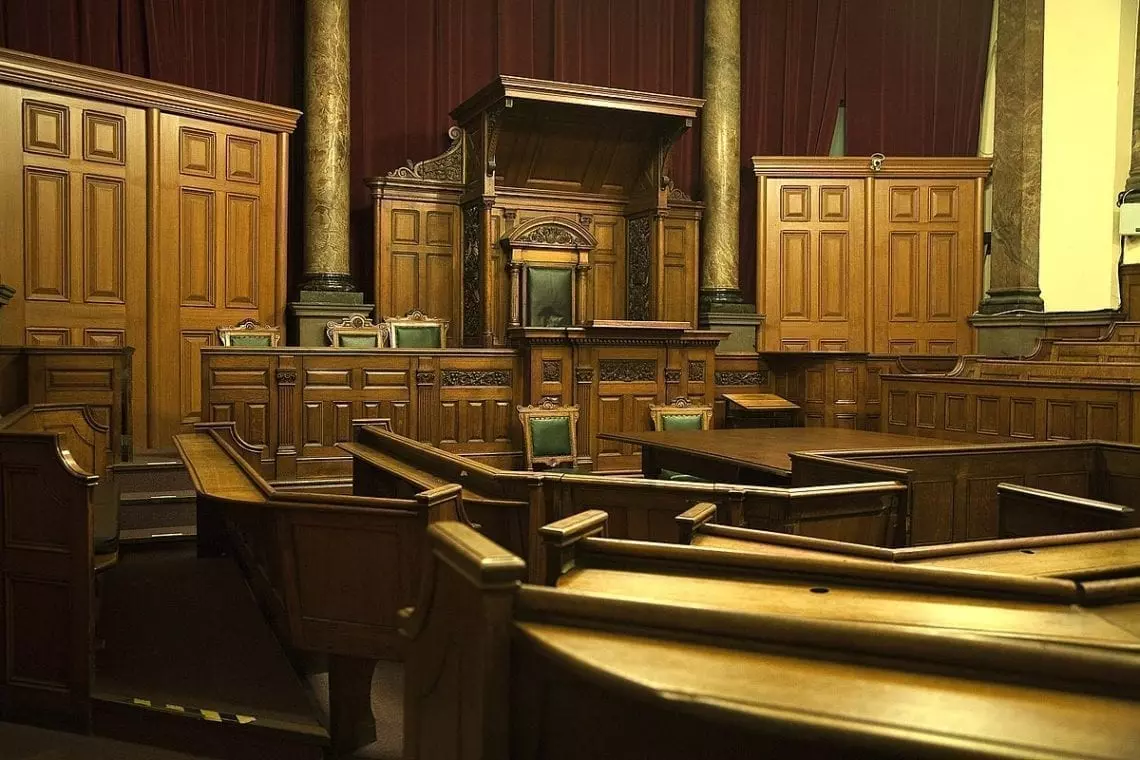criminal
Testifying Part 5 – When is non-expert opinion evidence admissible in a criminal trial?
17 January, 2017

Non-Expert Opinion Evidence
This is part five of a series on testifying in court.
In a criminal trial, normally only a duly qualified “expert” is permitted to provide opinion evidence to the court. See our discussion of an expert in Part 4. However, lay people, or non-experts are able to provide an opinion on matters that are part of everyday behavioural observation and don’t require special expertise.
One such case was J.W., 2016 ONCA 965, where the accused was charges with various sexual offences against two young complainants who attended a daycare he operated. The parents testified that the children would suffer undue trauma if they had to testify. The Ontario Court of Appeal stated that in order for the complainant’s heresay evidence to be admissible, the court must assess the children’s reaction to questioning by being assessed by a qualified expert.
The trial judge must conduct an inquiry as to whether the children had a present recollection of the incident and to probe their recollection or ability to speak about the incidents.
However, in H.B., 2016 ONCA 953, the Ontario Court of Appeal in the context of a trial for sexual assault, sexual interference, and invitation to sexual touching for incidents involving an accused’s step-daughter. The contentious issue was whether the trial judge erred in allowing a police officer to give evidence about the complainant’s mother’s reaction to being told about the abuse allegations and express the view that the lack of change in her demeanour was “odd.” The complainant’s mother did not testify. The court held that the emotional state of a person is a category upon which lay witnesses are allowed to express opinions. The court characterized the evidence as circumstantial evidence from which the jury could infer that the mother’s reaction was either consistent with knowledge of the abuse or not. However before admitting such evidence into the trial, the trial judge should determine whether the opinion evidence was relevant and, if so, whether its probative value was outweighed by its prejudicial effect. The court went on to warm about the dangers of corroboration, reasonable inferences, and impermissible speculation, with regard to the evidence concerning the complainant’s mother.
The court was of the view that the law of evidence is open to admitting lay opinion evidence about the demeanor of another person, such evidence is dangerous because a witness’s assessment of a person’s state of mind or knowledge depends on a subjective impression and interpretation of the person’s behavior. How a person reacts to allegations of sexual abuse made against a family member is not a matter of common or everyday experience, which is the primary basis for the admission of lay opinion evidence. Further, the officer did not possess a wealth of experience in observing or assessing such reactions. Thus, the tenuous probative value of the evidence was vastly outweighed by its prejudicial effect.
No matter who testifies, the court always retains the discretion to admit evidence no matter what the source where the prejudicial effect of the admission of the evidence outweighs its probative value.
As lawyers preparing for trial, we ensure that the best evidence is presented at your trial. We can be reached at mail@lawyer4u.ca or (416) 900-6999.
Tags: criminal defence, information



